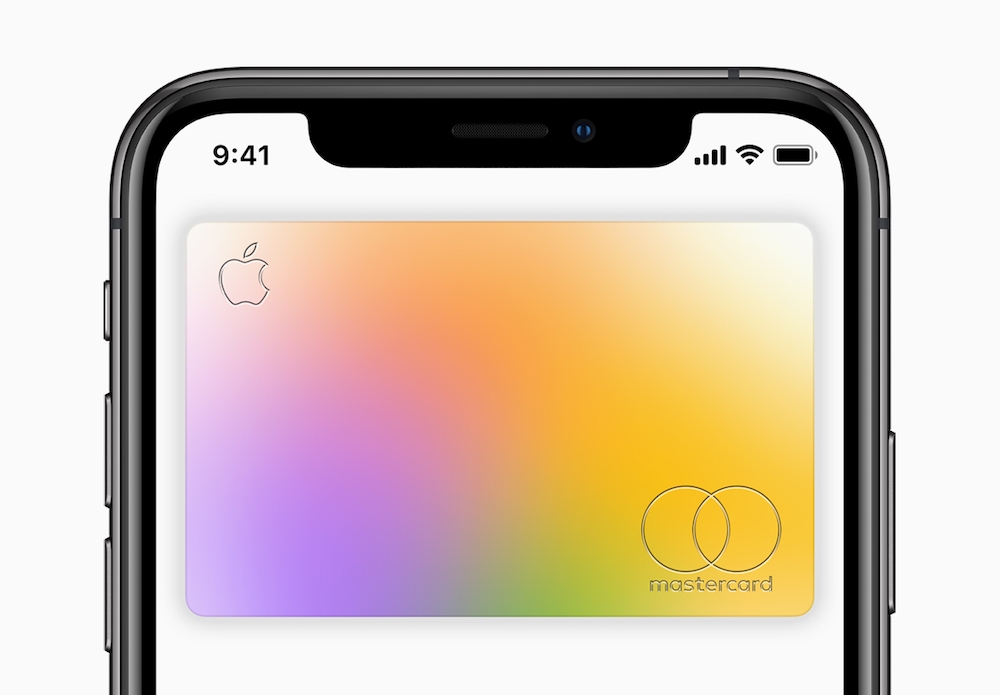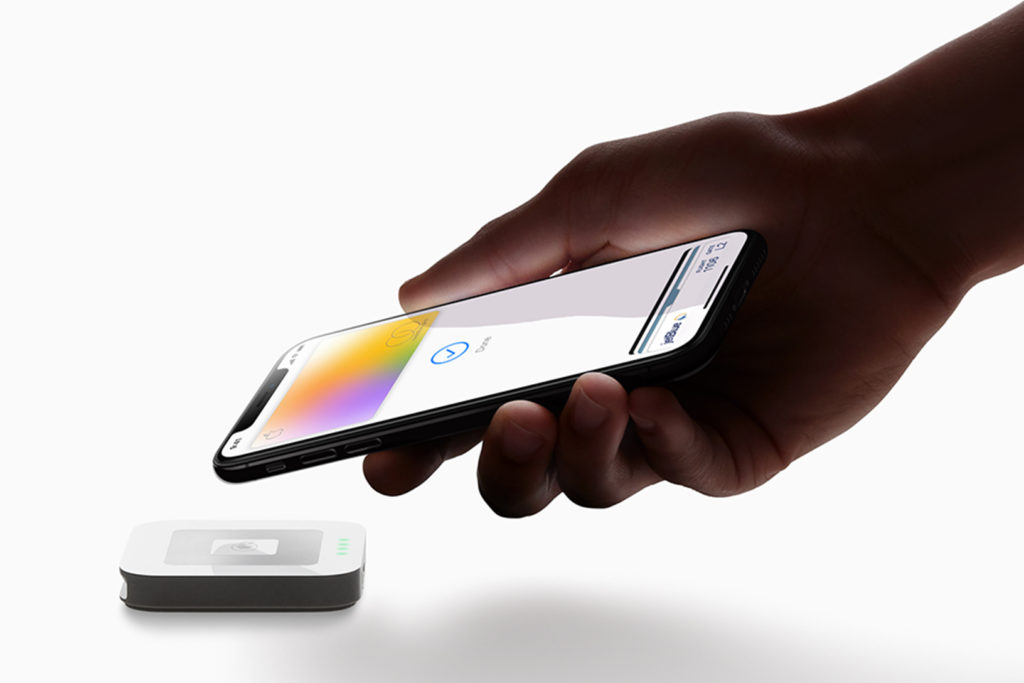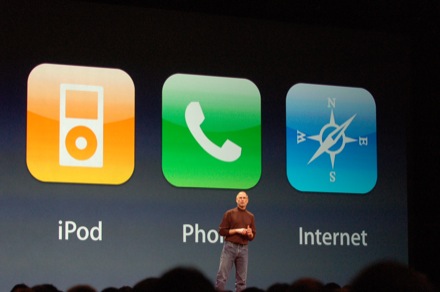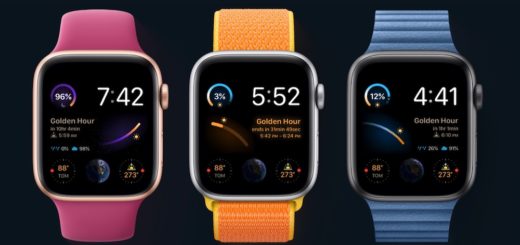Apple Pay is just the beginning, and Americans seem to want it that way

As I predicted in 2014, a Harris Poll claims almost two-thirds of U.S. people (and over 80% of those 18-34) would consider purchasing or applying for financial products from a tech company instead of a traditional financial services provider.
The transformation of banking
There’s a wave of statistics in the Harris report, which shows the great extent to which traditional financial services providers have lost touch with their customers:
- 81% of Americans ages 18 to 34 would consider purchasing or applying for a financial product from a tech company instead of a bank/credit union (64% among general population).
- 72% of Americans agree that tech companies such as Google, Apple, Amazon and Facebook entering financial services would threaten smaller banks and credit unions.
- 58% would allow tech companies such as Apple, Amazon, Facebook and Google to use their spending data (that figure leaps to 75% for those ages 18 to 34).
- 36 percent would allow spending data to be used to prevent fraud
- 32 percent would allow spending data to be used to offer discounts
- 27 percent would allow spending data to be used to make managing their money faster/easier.

- 64% believe that if Big Tech competed head-to-head with banks and credit unions, financial products would improve.
- Those between the ages of 18 and 44 would consider purchasing or applying for a financial product from a tech company because:
- They provide products that are more convenient to use (35%)
- Have tools to make it easier to stay on top of budget/spending (30%)
- Have better technology/digital features (28%).
- 74% of Americans agree tech companies are more likely to sell an individual’s personal financial data than traditional financial services providers.

Like Apple Pay for credit…
Tech firms have the advantage
The bottom line has to be that tech firms are in the cat bird seat to cherry pick the profitable businesses of existing banking providers.
And, given in some nations we’ve experienced a decade of austerity and collapsing public services on account of shoring those banks up in the first place, I don’t think anyone cares.
We already know technology is disrupting the sector. Just look at the rapid growth in Apple Pay transactions, the success of Apple Card and the swift evolution of brand new fintech providers such as Revolut for proof of this.
Now, I do speak to people from different industries, including banking, and I frequently hear them scoff at the idea Apple or anyone else can eat their lunch, arguing that their sector already employs more developers than tech.

We thought just three things in one was a big deal when the iPhone was revealed… now it’s part of everything
Perhaps that’s true, but do they work with user experience engineers? And can these heavily regulated industries move as fast as tech industry players?
Of course, the risk is that as financial services move into the control of less well regulated players, then some difficulties could emerge.
But a company like Apple could easily put its brand around traditional banking services. I mean, it already has with Apple Pay and Apple Card. Apple Health Insurance and Apple Fit seem viable next steps.
It has a chance to move.

Apple has plenty of songs to sing you in 2019
Image c/o: https://unsplash.com/@emcomeau
And we bring the young
The research was paid for by Ondot Systems, a California-based payments fintech that serves 4,500 financial institutions.
Vaduvur Bharghavan, CEO of Ondot Systems said:“Americans – especially younger ones – are receptive to new financial services offerings from technology companies, and smaller banks and credit unions are especially vulnerable.”
“Technology companies have spent years and billions of dollars designing customer-centric platforms that deliver an easy user experience, Apple Card’s instant issuance feature being a recent example,” said Bharghavan. “As a result, consumers have incredibly high expectations of the companies with which they do business, including financial institutions.”
However, there is still reluctance around personal data, with 74% of Americans agreeing that tech companies are more likely to sell an individual’s personal financial data than traditional financial services providers.
The survey was conducted online within the United States by The Harris Poll on behalf of Ondot Systems from Jan. 28-30, 2020, among 2,010 U.S. adults ages 18 and older.
Now you can take or leave this information, but it seems pretty clear that the established order of business has changed forever and will be very hard to put back into place.
Photo by Markus Spiske on Unsplash
Please follow me on Twitter, or join me in the AppleHolic’s bar & grill and Apple Discussions groups on MeWe.




